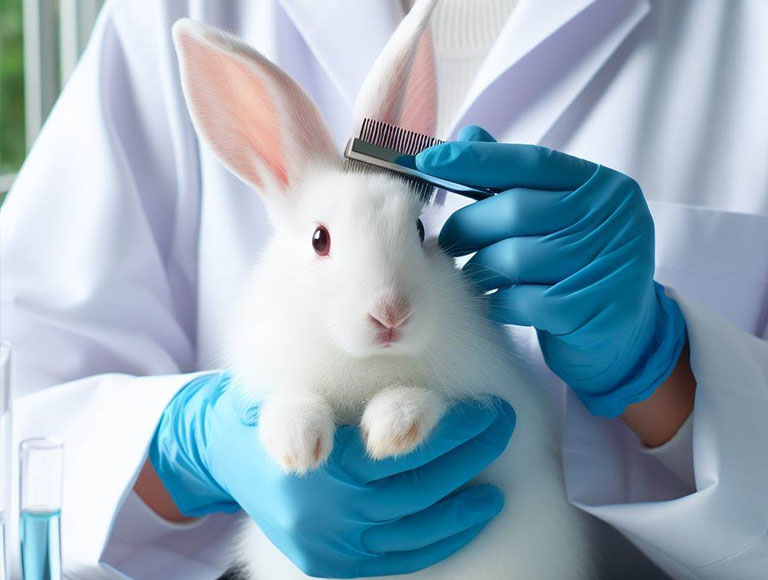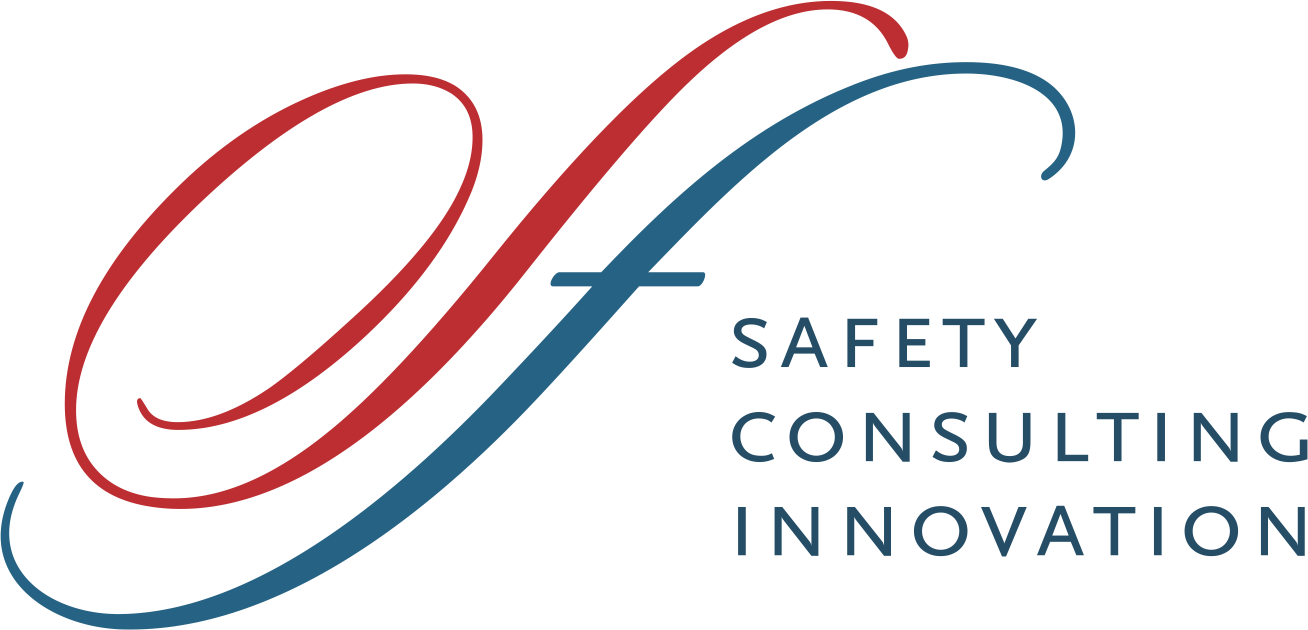|
Getting your Trinity Audio player ready...
|

The movement that gave rise to the Cruelty Free, free from animal cruelty, originated in Europe, mainly in Italy, France and Germany.
Cruelty-free or free from animal cruelty, in Portuguese it means “free from cruelty”. This means it has not been tested on animals and applies not only to the final product, but to the entire formulation stage.
These are cosmetic formulas that did not use animals during their creation process, proving their effectiveness and marketing.
In Europe, where Cruelty Free began with the initiative of consumers themselves, animal testing by cosmetic companies is currently prohibited and the import of products that have been tested on animals is also prohibited.
In Brazil, the ban on testing and research on animals in the development of cosmetics, perfumes and other products of this type gained strength after the case of the Royal Institute, in 2013, when 178 dogs and 7 rabbits used in research were removed by activists and residents of São Roque (SP) of one of the headquarters of the then active institute.
Recently, the Senate approved project PLC 70/2014, which prohibits the use of animals for research and testing in the production of cosmetics, perfumes and personal hygiene products.
Simone Fanan, founder of SF Safety Consulting, reinforces the importance of her activity as a safety assessor and explains more about this project.
“PLC 70/2014 refers to the old 6602/2013 prepared by the Chamber of Deputies. PLC 70/2014 was approved by the Senate Chamber on 12/21/2022 and sent to be sanctioned by the President of the Republic. It is still in progress and is not yet in force.
However, in parallel, we have resolution No. 58, of 02/24/2023 approved by the National Council for the Control of Animal Experimentation (CONCEA), which provides for the prohibition of the use of animals to prove the effectiveness or safety of cosmetic products.
This resolution came into force on 03/01/2023. In other words, from this date onwards, the use of vertebrate animals, except human beings, in scientific research (including universities, public and private laboratories) and in the development and quality control of cosmetic products used in their formulations is prohibited. ingredients with safety and efficacy already proven in the literature”.
Cosmetics tests are carried out to ensure our health, but not necessarily on animals.
When a cosmetic is developed and before it is marketed, the industry must make sure that the product will be safe for human use, that it will not cause any harm, or be carcinogenic. To do this, some security tests are carried out.
Furthermore, proof is needed that what is promised on the label actually happens. For this, the effectiveness test is carried out.
Each cosmetic product has a list of ingredients with scientific names on the back of the label and each of these ingredients must be previously tested through non-clinical trials, without the use of humans, for each of the ingredients. Non-clinical trials are classified as: in silico (use of software), in vivo (use of animals), ex-living (postmortem tissues) or in vitro (in cell culture).
Currently, with the evolution of science and technology, there are testing methods without using animals such as Tests in vitro, the use of omics and computerized models as software used to assess whether a molecule can cause any harm to humans, 3D printed human skin models and the disposal of plastic surgeries as non-clinical tests.
There are many laboratory testing methods that can be used in place of animal testing. Instead of measuring how long it takes a chemical to burn the cornea of a rabbit's eye, manufacturers can now test that chemical on cornea-like 3D tissue structures produced from human cells.
Thus, the inhumane technique is replacedin vivo” by others that do not harm any animal.
Will we develop safe and ethical cosmetic products?
Want to know more?
- Visit our website: https://sfsafetyconsulting.com.br
- Follow our social media pages on Facebook and Instagram.
- Safety in cosmetics. Because you need to have it.
SF Safety Consulting.
Passion for knowledge and science.
